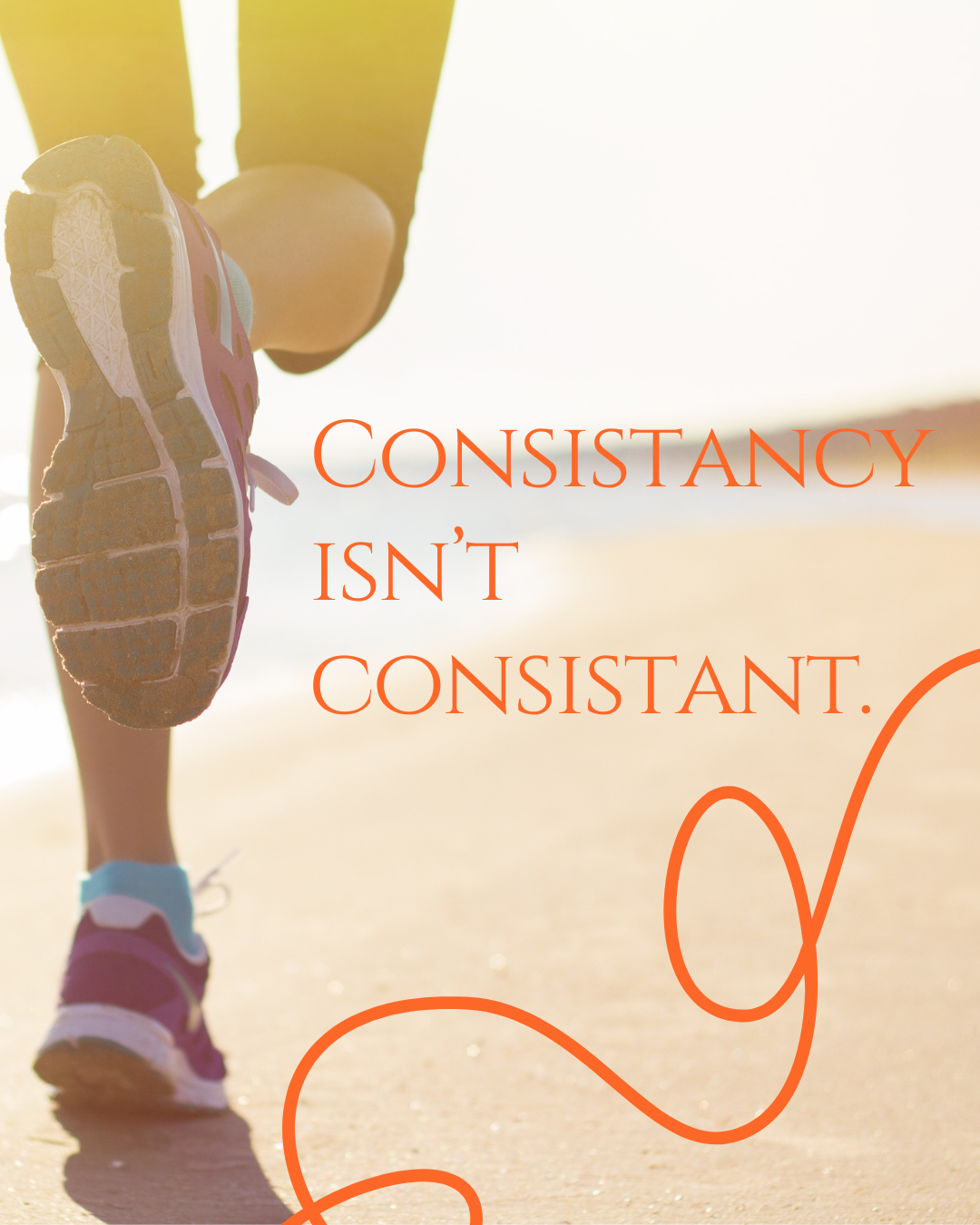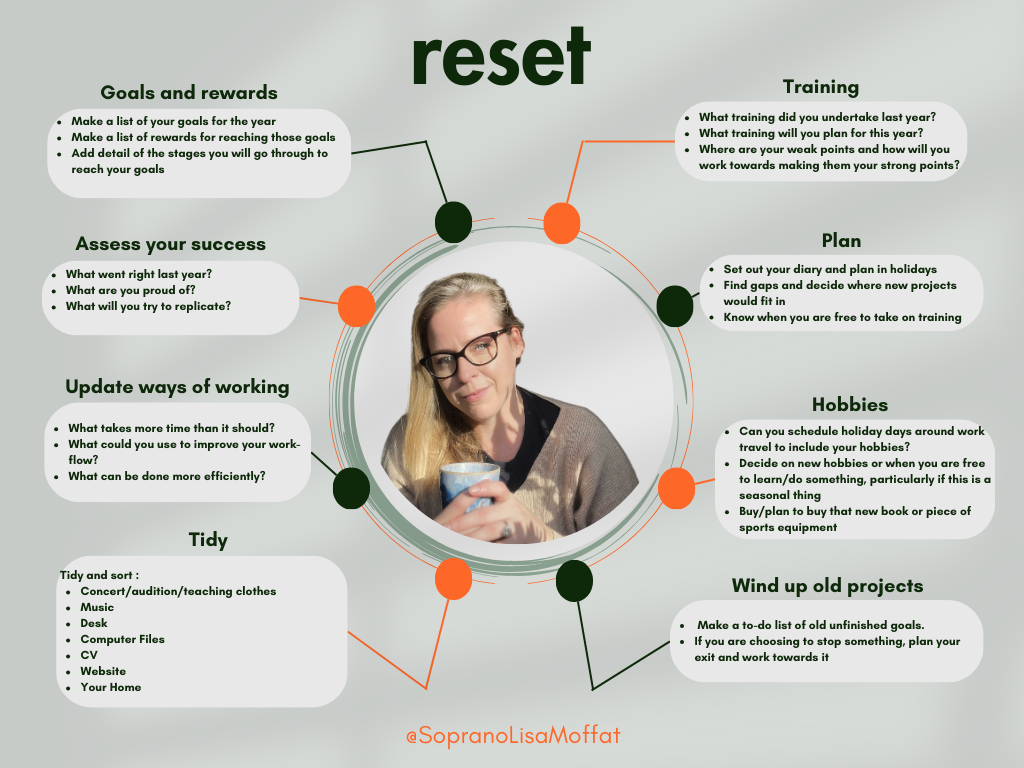You aren’t my hardest working pupil (and that’s ok with me!)
You aren’t my hardest working pupil *and that’s ok with me!
Image of a runner pictured from behind running on a beach at golden hour
I used to be hung up on hard work, and what that meant. I felt guilty if my week had not included a certain amount of study and practice, if I had left my desk too long, spent a day away from the piano…
I’ve struggled through singing lessons feeling shame because I felt I had not earned the right to be there from hours of work.
And then I had a lightbulb moment.
The lessons I had ‘not done enough work for’ were uplifting. I felt purpose and achievement from my time with my teacher. I worked technically on my voice that day with expert ears and guidance, and found I made headway and learned. Then when singing reperotire I found spots that needed more work were pinpointed, and sometimes things I expected not to work went unexepectedly well.
The probelm was, I was setting the barre at a level I wasn’t able to reach regularly, which made me feel like I was not acheiving enough. The probelm wasn’t actually how much I was doing, but my perception of it. I was actually doing well, especially if you take into account practice and study time over a space of time like a month, 6 months, or even a year!
If you’ve been following me for a while, you’ll know I’ve been going on runs semi-regularly. I am not a naturally fast runner, never have been. Instead I’ve come to terms with being slow, some weeks running more times than others, taking walking breaks, and stopping to enjoy the wildlife. This not only makes me happy but also ensures I enjoy it enough to continue!
I have slowly improved, and when I took a break when moving house I noticed my base level was higher at my return. This made me extremely happy!
In the same way, when I teach pupils singing or piano, I do not expect you to practise a certain amount of time or number of times every week. I hope you will make some space in your life to think and work on what we are doing in your lessons because I know progress is enjoyable and will give you pride in your achievement. But I don’t think any of us have the sort of life where every week is the same.
Life is much more complicated, and sometimes our work, health, and family can sometimes require more of our time and attention.
Sometimes you’ve practised a lot.
Sometimes you haven’t.
When you come to your lesson, we work on you and your voice on that day regardless of how much time you have had to work on your technique and performance. Because life is sometimes like this.
There will always be something we can work on and enjoy singing together. You don’t have to be my hardest working pupil this week.
reset
A guide to reviewing and resetting your work as a musician and teacher
“You’ll never do a whole lot unless you’re brave enough to try.”
January is a month of making changes, so why not take the time to assess your business as a musician or in the field you work in, and decide what you want to take forward, and what you can let go of.
Goals and Rewards
Make a list of your goals for the year
How brave do you feel? Maybe this list has some simple easy goals and also some amazing and difficult goals, aim big!
Performances, work on languages, new repertoire, new genre you have not yet explored, working with new people, new teaching jobs/pupils, changing your support/additional job that helps you fund your music goals.
Make a list of rewards for reaching those goals
We know we all work better when there is a reward - be that money, travel/holidays, listening to a favourite piece of music after a hard day, or maybe purchasing that expensive score you have wanted for a while (yeah, this is my weakness… they might be a particular shade of blue… and start with a B)
When you are self-employed, build in your work ‘bonus’ to your work plan.
Add detail of the stages you will go through to reach your goals
Don’t just make a list of big goals, plan how you will get there. Some goals will be easy to reach in one stage, some might be a long term project with many stages to tick off along the way.
Assess your Success
What went right last year?
What are you proud of?
It’s time, you have permission to pat yourself firmly on the back, and hold your own personal awards ceremony! Best of all, it’s all about you. List all your achievements and thoroughly asses what you have to be proud of - include financial, emotional, and mental achievements
What will you try to replicate?
Update Ways of Working
What takes more time than it should?
What could you use to improve your work-flow?
Are your accounts taking ages? are you slow on social media? Are you keeping track efficiently of pupils and payments? Are there any tools like apps or software that would save you time? Remember time is money and effort - often spending money is worth it if your life is easier or you are taking less time to do tasks you don’t enjoy.
What can be done more efficiently
Is your teaching scheduled neatly together or taking up random times in your week? Would your commute be easier/quicker if done at a different time if you worked different hours? Could you use fewer paid childcare hours if you moved your work schedule/teaching?
Tidy
Tidy and sort :
Concert/audition/teaching clothes
Sell/post/give away/donate what is no longer suitable or does not fit
Music
It’s easier to find if it is stored in a system you find easy to use.
Desk
Computer Files
Keep old files/photos in folders for their year, and make a new folder for the current files
CV
Website
Your Home
Training
What training did you undertake last year?
What training will you plan for this year?
Where are your weak points and how will you work towards making them your strong points?
Plan
Set out your diary and plan in holidays
It’s very easy to fail to take a break if you get offered work - but it is not good for us or our friends/family. Make sure it goes in the diary even if it can be moved. Schedule work like social media to automatically load while you are taking a break.
Find gaps and decide where new projects would fit in
Know when you are free to take on training
Hobbies
Can you schedule holiday days around work travel to include your hobbies?
Decide on new hobbies or when you are free to learn/do something, particularly if this is a seasonal thing
Buy/plan to buy that new book or piece of sports equipment
Wind up Old Projects
Make a to-do list of old unfinished goals.
Sweep up all the old half finished things into one list. Plan what you need to do to finish them all off, and how you will do that.
If you are choosing to stop something, plan your exit and work towards it
If you plan to change jobs, or finish certain teaching jobs, plan how you will step back and when, build in a change-over time if you are handing a job to someone else.



